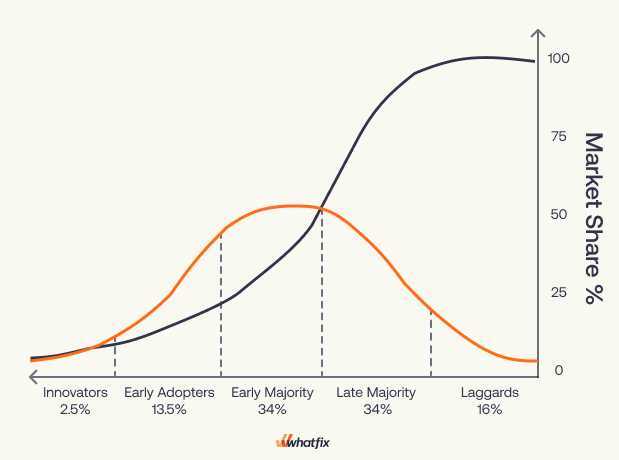Traveling the province means I get to meet the greatest people. Last week I was in a quaint little town called Delburne that has a restaurant called ‘Bistro’ where you can find the best dry ribs I have ever had. Not only was the hospitality at both the restaurant and the meeting top notch, the folks there taught me my greatest lesson to date. We have a problem that can only be solved by bringing generations together.
The crowd was a good size, very friendly, and most seemed to be onboard with Alberta independence. That is nothing unusual for rural Alberta. What was a bit unusual is who was in attendance. When I finished my spiel, the questions started and someone asked ‘where are the youth?’ It is a great question and one that we often wrestle with. That night we were treated to the best answer yet.
“Look behind you!”
There they were. Two young ladies, both around 20, standing at the back. It was glorious and we had questions. You are here, and we are so grateful that you are, now how do we get this message to your friends? Their answer is where my education began.
For years I looked at this issue as ‘for or against’ and did what I could to meet people where they were at. Then, thanks to a very wise friend, I realized women need to hear the independence message in a way that we can internalize and grasp. So, my presentation and conversations were tailored a little more. What I did not fully appreciate until that night in Delburne is that there is a third demographic that demands particular consideration in regards to messaging: our youth.
We know conservatism among the youth is growing. We also know they are warming up to the idea of Alberta independence. Yet, we rarely see our young ones at our meetings. The general consensus is that, for the most part, this generation is found online. However, these ladies taught us that while yes, that is true, most are just scrolling and not really taking information in. Her description sort of reminded me of how we used to scroll through the Sears catalogue.
Exploring it further, I realized there is a gap online that needs filling. Podcasts and short videos about Alberta Independence specific to this generation are not found. I know for a fact that there are some, but obviously they not being seen. This is a problem.
As we continued to listen, we learned about another conundrum, and it is a doozie. While it is no secret post-secondary institutions are very left leaning, we sometimes glaze over how awful it truly is for the scholars in attendance. We heard about a friend of theirs who brought up the idea of Alberta Independence in one of their classes at the UofA. Not only was this student unceremoniously shut down, the class was warned that if anyone brought it up again their marks would be affected. So much for freedom of thought and exploring ideas.
Our current provincial government has been working hard to root out this sort of behavior in all of our schools. Unfortunately, the tentacles are deep, making the battle to return our centers of learning to what they should be quite a challenge. Some progress has been made, thankfully, but obviously there is more to do. We must also remember, our Premier and MLA’s only know what they are told. In light of that, I encouraged these ladies to help their friend write a letter to the Minister of Advanced Education and the Premier. If others in the class are willing to sign it as witnesses, the more the better. It sounded like they were ready to do that, which very much inspired the rest of us.
The younger Millennials, Gen Y’s, and now Z’s are discovering that almost everything they were taught is a lie. Not only was it a lie, they believed it and it got them nowhere. No job. No house. No money to raise a family with. And no real-life experience yet to know how to chart a path forward despite the challenges. Not to mention, unfettered immigration has only exacerbated the problem. It is not good and no wonder they are mad. I am, too.
There is a very strong youth presence in the Alberta independence movement and they have their own reasons for it. It is a grave mistake to think a ‘one size fits all’ message is going to reach them. Our meetings are not their jam. These young men and women know what they want and need and we have an opportunity to bring the generations together by helping them get the independence message to their peers in a way that works for their generation, not ours. So, let’s talk with them, not to them, and find out how.













